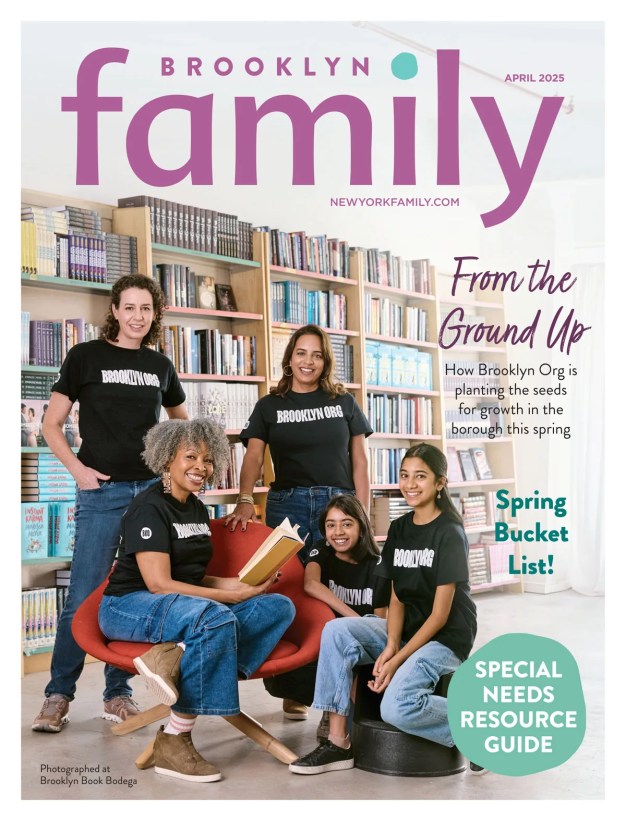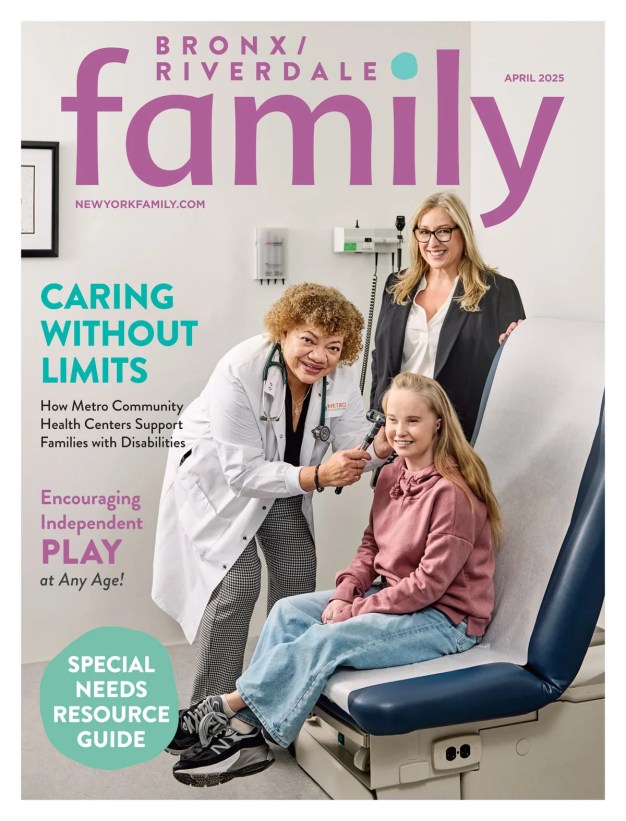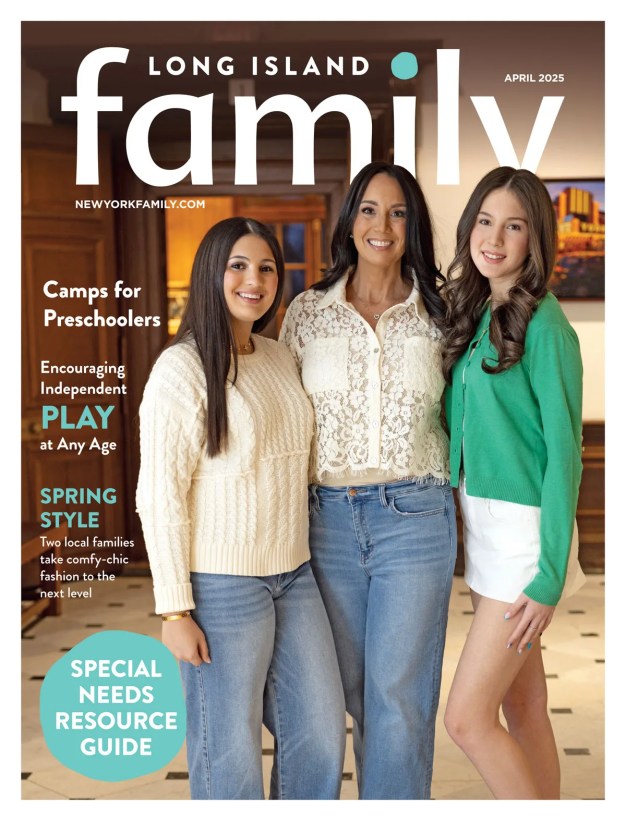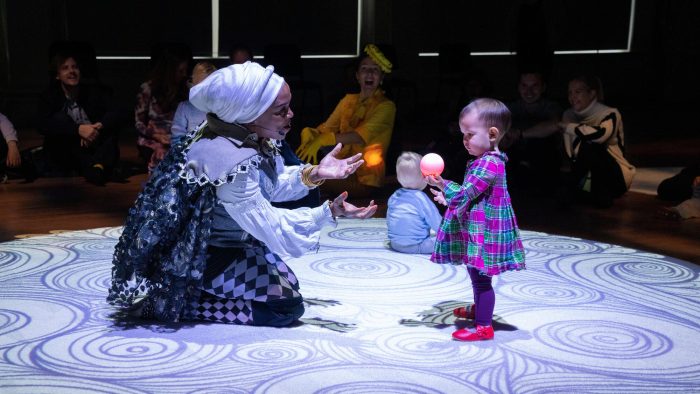It’s super exciting to move to a new neighborhood—new cupcake shops to discover, new playgrounds for your kids to explore, and new friends for you all to meet. However, it can also be a challenge to feel like you are part of the community, which can make moving more stressful than it needs to be–especially for kids. So how do you seamlessly integrate into your new neighborhood? We polled those in the know for tips on how to become part of the fabric.
Get your kids excited about their new town.
“It’s a big adjustment for kids to move to a new town, but my husband and I try to get them focused on new adventures to come,” says Liz Tenety, co-founder of Motherly, who has moved nine times since her first child was born seven years ago—due to changing careers, graduate schools, and a growing family. “We know that our moves were hard on our kids, but by focusing on new people and experiences, they were able to stay resilient.”
Visit your new town’s website.
“Before the moving van even arrives at your door, you can learn a lot about your new town by visiting its website,” Tenety says. “You can request a welcome kit and start making connections—before you even unpack one box in your new neighborhood!”
Take an exercise class to meet like-minded pals.
“Once you’ve settled in, an exercise class is a great way to meet new people,” says Alison Bernstein, founder of Suburban Jungle Group, a real estate firm exclusively focused on buyers leaving New York City for the suburbs. “Going to the same classes consistently can be like joining a squad. Friendships are bound to manifest in this ‘we’re in it together’ environment.”
Connect with Facebook groups in your new town.
“These are goldmines for answers to those key questions that come up,” Tenety suggests. “Who’s everyone’s favorite pediatrician? How do I enroll in public school? Who makes the best pizza in town?”
Find other parents with kids who are the same age.
“When I first moved back to my hometown of Greenwich [CT], I signed my kids up for activities, which helped me meet other new moms,” says Layla Lisiewski, a mom of three who started The Local Moms Network to share resources and create community for moms across the country. “Once my eldest was in a twos program, I met more moms, some of whom are still my closest friends. The important thing was meeting other moms with similarly aged kids—you have an underlying common factor, even if you have little else in common.”
Consider adopting a dog who will help you socialize.
If your family has been planning to add a dog to your family, right after you get settled in your new home may be the time to finally do it. “Dogs make great conversation starters and many towns have dog parks, which become great places for socialization,” Bernstein says. But make sure your family is ready to add a furry friend to the household.
Join neighborhood parent listservs.
“These include groups such as BoCoCa Parents, Park Slope Parents, or Next Door,” says Jennifer Rhodes, a broker at Ideal Properties Group, who moved to Brooklyn from Berlin in 2007 and has two daughters ages 14 and 18. “These groups provide a wealth of information on anything and everything parents in any given neighborhood care about, from lost keys to stoop sales to recommendations for local contractors.”
Seek out local volunteer opportunities.
“These are endless, whether it’s joining a gardening club, volunteering at a soup kitchen, or donating your time to, say, the town library,” Bernstein says. “There are tons of organizations in each town—find what interests you and connect with those with similar interests and a penchant for the altruistic.”
Be active in your child’s school or PTA.
“Being involved in your school is one of the best ways to meet other families,” Rhodes says. “This then helps to connect you to the community and keeps you aware of everything that’s going on.”
Network on the playground.
“One thing about being a parent is that your social life changes considerably,” Rhodes says. “Not only do you want to socialize, but your little one does, too. When you move to a new town, I always recommend taking advantage of time on playgrounds, slow walks around the neighborhood, and time in the park to make connections with other parents in the neighborhood.”
Attend community board meetings.
“If you want to become more civically engaged, research which community board is in your neighborhood and when it meets,” Rhodes says. “There are multiple community boards that cover various neighborhoods and since those meetings are open to the public, consider attending one and introduce yourself to at least one neighbor.”






















